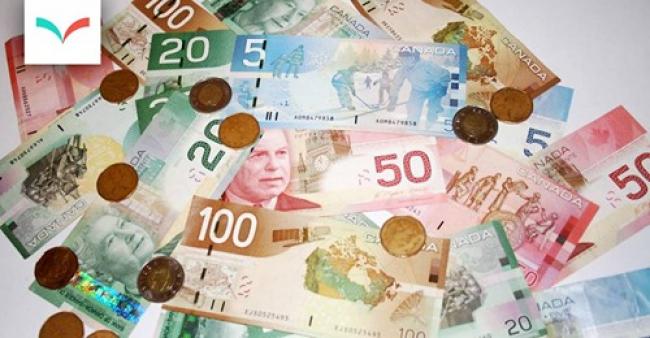As the third wave of COVID-19 hits Canada’s most populous provinces, a new study shows the staggering size of the tsunami of cash that has poured into the pockets of the country’s wealthiest people during this pandemic.
In just over one year since public health-ordered closures began, billionaires in Canada have seen their fortunes increase by $78 billion according to a new report published today by the Canadian Centre for Policy Alternatives. All told, 47 billionaires in Canada now control $270 billion in wealth.
With poll after poll showing that increasing taxes on the ultra-rich is an overwhelmingly popular policy proposal across partisan lines, will next week’s federal budget, due to be presented April 19 by the Liberal government, include new wealth taxes? Don’t hold your breath.
“You never know until budget day, but I would be very surprised to see a wealth tax in the federal budget,” report author Alex Hemingway told Ricochet. “In Canada right now we have this extraordinary disconnect between public opinion and the seeming lack of interest from the governing party.”
RELATED:
- Wealth taxes would generate far more revenue than previously estimated
- Canada’s 20 richest people have seen their fortunes skyrocket as the rest of us suffer
- Huge support for wealth tax an opportunity for NDP
This new research by the CCPA breaks down the individual wealth gains of the ultra-rich, based on publicly available data from Forbes. The Thomson family, owners of a vast media and broadcasting empire, top the list, having gained over $14 billion in wealth over the past year.
Several billionaires have more than doubled their estimated net worth since the first quarter of 2020. Jim Pattison, the richest man in British Columbia, has seen his fortune balloon by $7.2 billion since this time last year for a total wealth of $12.6 billion.
All but a handful of the country’s 47 billionaires have seen their net worth rise since the pandemic slowdowns and emergency public health measures started last year. Meanwhile, half a million people in Canada lost their jobs or had their hours significantly reduced due to the pandemic.
Even a very modest wealth tax would generate significant revenue that could be directed to helping those most in need during the pandemic and to investing in recovery efforts. In an earlier study, the CCPA estimated that a 1 per cent wealth tax would generate approximately $10 billion in the first year. A moderately more ambitious wealth tax, with additional brackets of 2 per cent on the portion of fortunes over $50 million and 3 per cent on those over $100 million, would nearly double the windfall for the public coffers with an estimated $19.4 billion.
Despite the popularity of a wealth tax and other proposed tax reforms targeting the ultra-rich, major political obstacles remain. In November, the Liberals and Conservatives voted together to defeat a motion from the federal NDP to apply a small wealth tax on fortunes over $20 million dollars in order to help fund pandemic recovery efforts.
Why are governments so hard to budge on wealth taxes?
“One reason I don’t expect to see a wealth tax in this budget is just the proximity between political power in this country and Bay Street,” Hemingway said. “The political influence that comes with concentrated economic influence is real. If we’re going to see a popular and useful policy like a wealth tax get implemented, it’s going to take sustained organizing pressure.”
[Top image:Anita Hart - Flickr]

